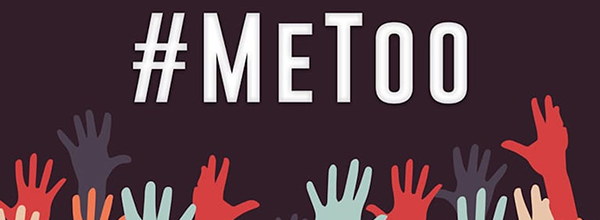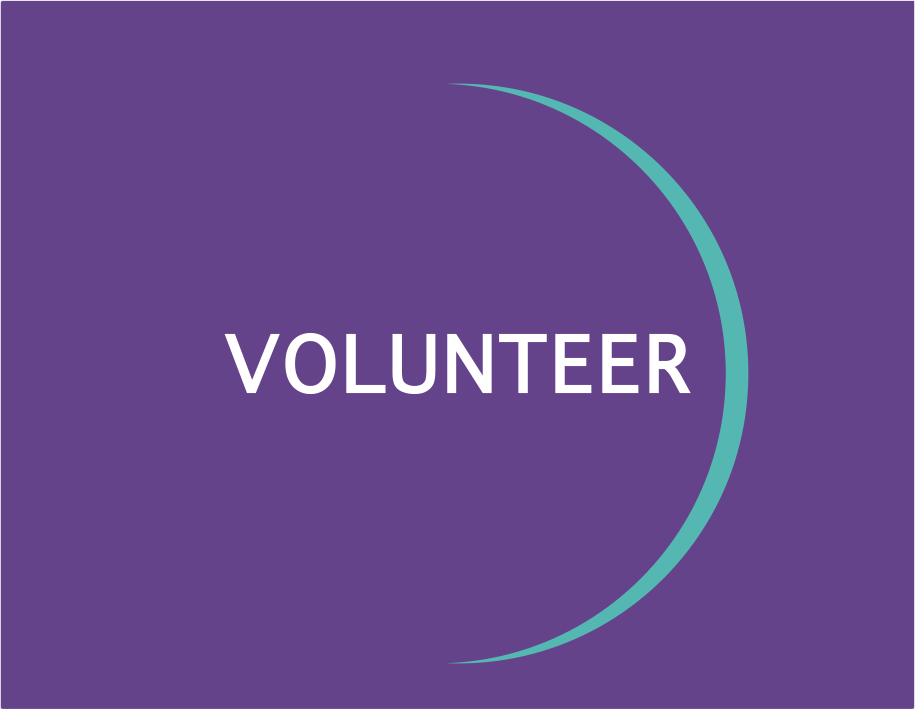How can I help a friend or family member in an abusive relationship?
- Talk About It – Just knowing that someone cares enough to ask about the abuse can break through the wall of isolation often felt by victims of relationship abuse.
- Listen without judgement. Survivors of abuse often believe all of the criticisms and negative messages their abuser says about them. They may feel responsible for their experience of violence and ashamed or afraid of your judgement.
- Tell them that “it isn’t your fault.” There is no excuse for physical or emotional abuse. Alcohol, drugs, jealousy, financial difficulties, stress, or any of the survivor’s actions are not the cause of their experience of abuse.
- Explain that abuse often gets worse. Domestic violence recurs and escalates over time. It rarely stops without an intervention.
- Provide them with resources and information.
- If they live in Monmouth County, New Jersey, provide them with 180’s 24/7 free and confidential Domestic Violence Hotline number, 1 (888) 843-9262.
- For other areas, The National Domestic Violence Hotline can provide information about domestic violence shelters and programs near you at 1 (800) 799-7233.
- Realize that Ending a Relationship Is a Process. Being patient and supportive is the best thing that you can do for your friend or family member.

What should I do if sexual violence happens to someone I know?
- Call our 24/7 confidential hotline for immediate counseling, support, and information at 1 (888) 264-7373. The experienced Hotline staff can also provide referrals to additional resources and counseling programs.
- Allow the survivor the opportunity to make their own decisions. Victims may experience feelings of vulnerability and loss of control over their body and very existence. Offering them information and options may help.
- Assure the survivor that you believe them. Remind them that the assault was not their fault and avoid showing strong emotion of any kind. Do not blame, suggest blame, judge, or criticize.
- Be supportive. Recognize that the course of action the survivor used to get through the ordeal was effective.
- Allow the survivor space and time to talk or not to talk. Survivors commonly choose to protect those close to them by not sharing details.
What are the common reactions to sexual violence?
Everyone copes with trauma and crisis differently. In the aftermath of sexual violence, any reaction should be accepted as normal. Survivors may experience a variety of trauma symptoms at any point, including:
Physical: Soreness, pain, changes in eating and sleeping, and general fatigue.
Emotional: Shock, disbelief, fear, shame, self-blame, guilt, isolation, grief, depression, anger, and embarrassment. Emotional scars may take longer to heal than physical injuries.
Cognitive Symptoms: Difficulty concentrating and intrusive thoughts and/or images of the assault.





